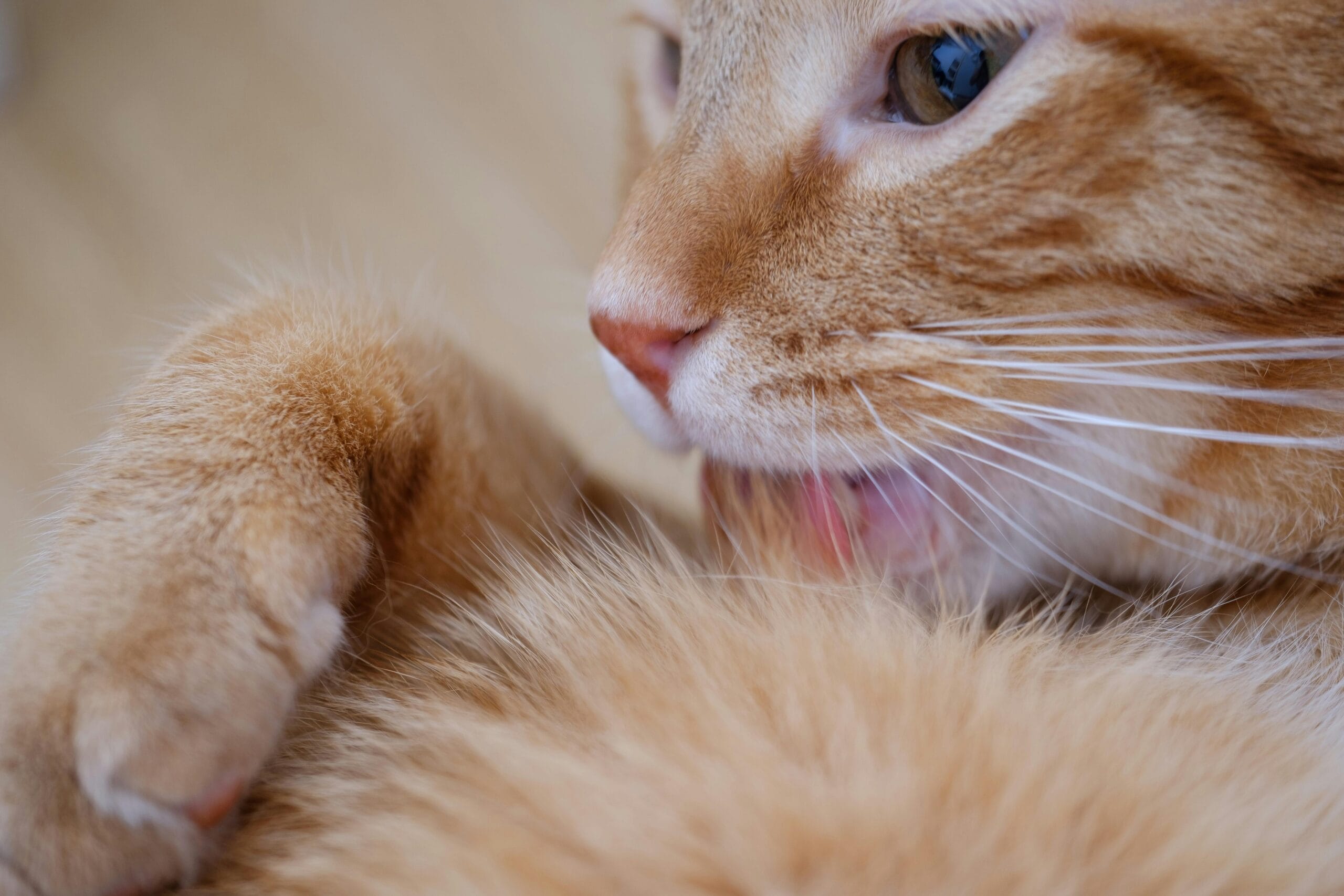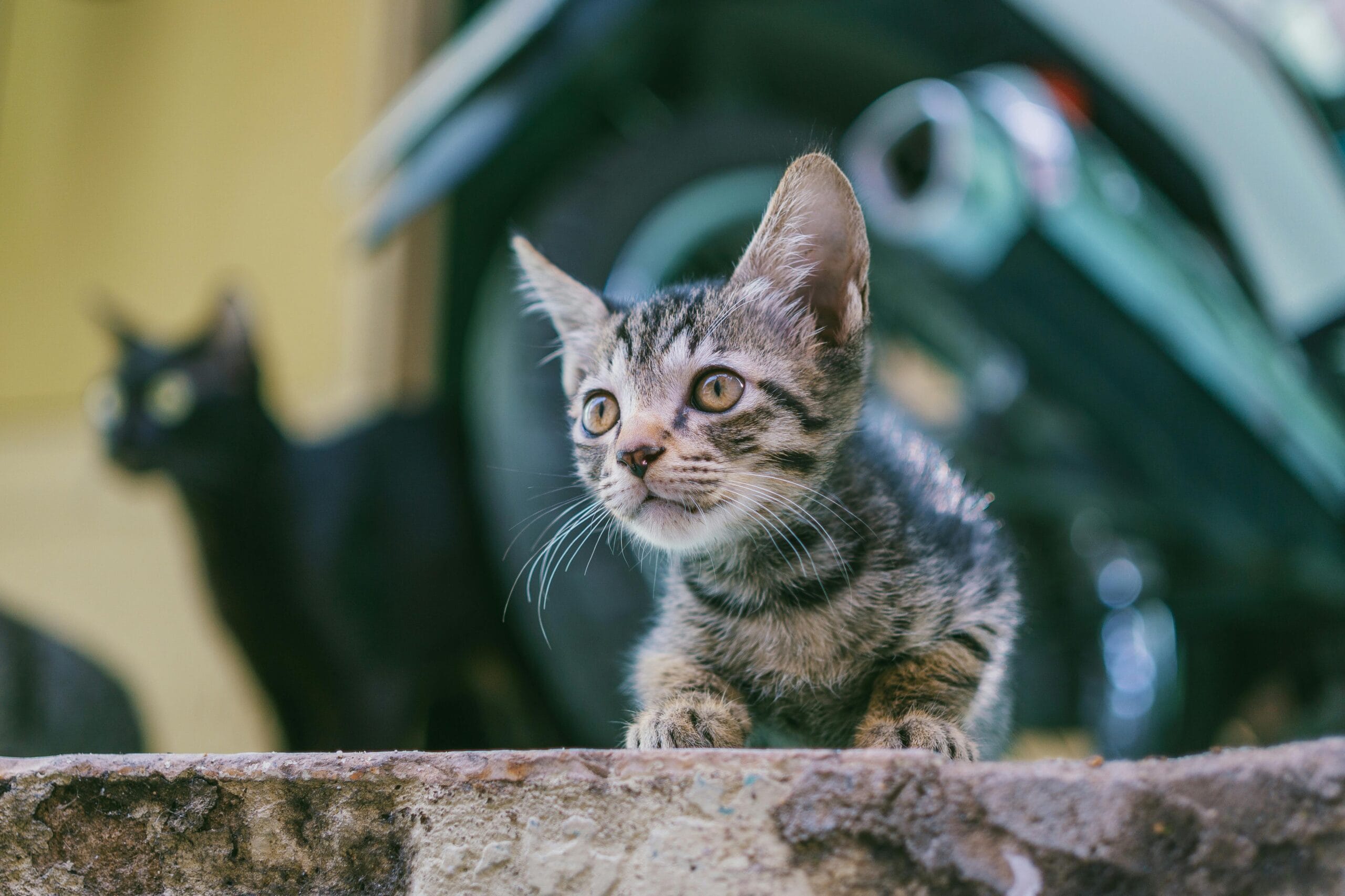Can Cats Eat Grapes ?

Can cats eat grapes? Are grapes toxic to cats? Can cats eat grape seeds? Find out the crucial answers to these questions and ensure your feline friend’s safety! Learn now & protect your cat.
Can Cats Eat Grapes? A Comprehensive Guide to Grape Toxicity in Cats
The question, “Can cats eat grapes?” is a crucial one for any cat owner. The short answer is a resounding no. Grapes and raisins, which are dried grapes, are incredibly toxic to cats, and even a small amount can cause serious health problems. Understanding the dangers involved is vital for ensuring your feline friend’s safety and well-being. This comprehensive guide will delve into the reasons behind this toxicity, the symptoms to watch out for, and what to do if your cat ingests grapes.
Are Grapes Toxic to Cats? Understanding the Danger
Yes, grapes are toxic to cats. The exact toxin responsible for the adverse reaction in cats remains unknown, which makes prevention all the more crucial. While some cats might tolerate a small amount without showing immediate symptoms, the risk is simply too high. The severity of the reaction can vary considerably, depending on factors such as the amount of grapes consumed, the cat’s size, and its overall health. Even a seemingly small quantity can trigger life-threatening kidney failure in some cases. This is why it’s essential to keep all grapes and raisins completely out of reach of your cats.
The danger extends beyond just the fruit itself. The question, “Can cats eat grape seeds?” is another critical point to consider. While the seeds themselves aren’t the primary source of toxicity, they don’t add any nutritional value for cats and can potentially cause gastrointestinal upset, adding to the already serious situation if your cat has ingested grapes. It’s best to avoid any exposure to grapes entirely.
Symptoms of Grape Toxicity in Cats
The symptoms of grape toxicity in cats can manifest in various ways and may not always be immediately apparent. Some cats might show signs within a few hours, while others might take longer. Being vigilant and aware of potential symptoms is crucial for early intervention. Here are some of the key symptoms to look out for:
- Vomiting
- Diarrhea
- Lethargy (lack of energy)
- Loss of appetite
- Dehydration
- Abdominal pain
- Increased thirst
- Increased urination
- Weakness
- Tremors
- Seizures (in severe cases)
If you suspect your cat has ingested grapes or raisins, even a small amount, it’s crucial to act quickly. Don’t wait for symptoms to develop. Immediate veterinary attention is essential.
What to Do If Your Cat Eats Grapes
Time is of the essence when it comes to grape toxicity. If you witness your cat eating grapes or raisins, or suspect ingestion, immediately contact your veterinarian or an emergency animal hospital. The sooner your cat receives treatment, the better the chances of a positive outcome. While you’re waiting for veterinary care, try to determine how many grapes your cat consumed, and what time the ingestion occurred. This information will be invaluable to the veterinarian.
Trying to induce vomiting at home is generally not recommended unless specifically instructed by a veterinarian. Improper methods can cause more harm than good. Your veterinarian might recommend specific treatments depending on the circumstances, which may include inducing vomiting, administering activated charcoal, or providing supportive care, such as intravenous fluids to manage dehydration. The treatment will largely depend on the amount ingested and the symptoms displayed by your cat.
Preventing Grape Toxicity in Cats: Safeguarding Your Pet
The best way to address the question, “Can cats eat grapes?” is with a definitive “no” and implementing preventive measures. Here are some key steps to take to ensure your cat’s safety:
- Keep all grapes and raisins out of your cat’s reach, including countertops, tables, and even bags or containers that might be accessible.
- Educate family members and visitors about the dangers of grapes and raisins for cats. A seemingly harmless treat can have devastating consequences.
- Store grapes and raisins in sealed containers or out of reach in high cabinets.
- Be mindful when handling grapes; ensure any dropped pieces are immediately cleaned up.
- Consider using childproof locks on cabinets where grapes and other potentially hazardous foods are kept.
- If you have a garden with grape vines, ensure your cat cannot access them.
Debunking Myths About Grape Consumption in Cats
There are some misconceptions surrounding grape toxicity in cats. For example, some believe that only large quantities of grapes are dangerous. This is false; even a small amount can cause problems. Another misconception is that some cats are more resistant than others. While the severity of the reaction might vary, the risk is always present, and the consequences can be severe.
It’s also important to remember that the toxicity isn’t just limited to fresh grapes. Raisins, which are dried grapes, pose an equally significant threat. They are highly concentrated in the same toxins, making them even more dangerous, gram for gram.
Alternatives to Grapes as Cat Treats
Providing your cat with safe and healthy treats is important for their well-being and happiness. Fortunately, there are many delicious and nutritious alternatives to grapes. Consult with your veterinarian for recommendations, but some popular options include:
- Commercial cat treats specifically formulated for feline nutrition
- Small pieces of cooked chicken or fish (ensure it’s free of bones and seasonings)
- Small amounts of cooked, plain vegetables like carrots or green beans
- Catnip (in moderation)
Always check the ingredients of any commercial treat to ensure they are safe and appropriate for your cat’s dietary needs.
Further Research and Resources
For more detailed information on cat health and toxicity, you can consult reputable sources such as the ASPCA (American Society for the Prevention of Cruelty to Animals). They provide valuable resources and information on various pet-related issues, including poisoning and toxicity.
Another excellent resource is the Pet Poison Helpline, which offers immediate assistance and advice in case of suspected pet poisoning. They have a team of veterinary toxicologists available 24/7 to answer questions and provide guidance.
Conclusion: Prioritizing Your Cat’s Safety
The question, “Can cats eat grapes?” should always be answered with a definitive no. The potential for serious health problems, including kidney failure, makes grapes and raisins extremely dangerous for cats. Understanding the symptoms, knowing what to do in case of ingestion, and implementing preventative measures are crucial for protecting your beloved feline companion. By being proactive and keeping grapes out of your cat’s reach, you can ensure their safety and a long, healthy life.
Share Your Experience!
Have you had any experiences with your cat and grapes? Share your stories and advice in the comments below. Let’s create a community to help educate and protect our furry friends from the dangers of grape toxicity. Your experiences, especially relating to symptoms, treatment, or prevention, could be invaluable to other cat owners!

Can Cats Eat Grapes? 10 FAQs
Here are 10 frequently asked questions about cats and grapes, with concise and helpful answers:
1. Can cats eat grapes?
No, cats should not eat grapes or raisins. Grapes and raisins are toxic to cats, and even a small amount can cause kidney failure. The exact toxin is unknown.
2. Are grapes toxic to cats?
Yes, grapes are toxic to cats, even in small quantities. The toxicity can vary from cat to cat, but it’s best to avoid any risk altogether.
3. Can cats eat grape seeds?
No, cats should not eat grape seeds. While the seeds themselves aren’t the primary toxic component, they add to the overall ingestion of potentially harmful substances and pose a choking hazard. The focus should be on preventing any grape consumption at all.
4. What happens if my cat eats a grape?
Symptoms of grape toxicity in cats can include vomiting, diarrhea, lethargy, loss of appetite, and ultimately kidney failure. If your cat eats a grape, contact your veterinarian immediately.
5. How many grapes are toxic to a cat?
There’s no definitive number. The toxicity of grapes varies, and even a small amount can cause serious problems. Avoid all grape ingestion to be safe.
6. Are all types of grapes toxic to cats?
Yes, all types of grapes and raisins (dried grapes) are considered toxic to cats. This includes red, green, and seedless varieties.
7. My cat ate a grape, what should I do?
Immediately contact your veterinarian or an animal poison control center. Describe the situation, including the type of grape, the amount eaten, and your cat’s size and breed. They will advise you on the best course of action.
8. Are there any grapes that are safe for cats?
No, there are no grapes that are considered safe for cats to consume. All grapes pose a risk of toxicity.
9. Why are grapes toxic to cats?
The exact toxin in grapes that causes kidney failure in cats is still unknown. This highlights the importance of preventing any grape consumption.
10. How can I prevent my cat from eating grapes?
Keep grapes and raisins out of reach of your cat. Securely store them in containers your cat cannot access, and clean up any dropped grapes immediately. Supervise your cat around food and be mindful of potential grape exposure.

Can Cats Eat Grapes? A Guide to Feline Grape Consumption
The short answer is no. Grapes and raisins are toxic to cats, and even a small amount can cause serious health problems. This guide provides practical tips and essential health considerations regarding feline grape consumption.
Why are Grapes Dangerous for Cats?
The exact toxin in grapes and raisins that affects cats remains unknown. However, ingestion can lead to acute kidney failure, a life-threatening condition. The severity of the reaction can vary depending on factors like the cat’s size, the amount of grapes consumed, and individual sensitivity.
Symptoms of Grape Toxicity in Cats
Watch for these symptoms after your cat has ingested grapes or raisins:
- Vomiting
- Diarrhea
- Lethargy
- Loss of appetite
- Dehydration
- Increased thirst
- Abdominal pain
If you suspect your cat has eaten grapes or raisins, seek immediate veterinary attention. Time is crucial in treating grape toxicity.
Practical Tips to Prevent Grape Ingestion
Prevention is key. Follow these tips to keep your cat safe:
- Keep grapes and raisins out of reach: Store them in sealed containers or high cabinets inaccessible to your cat.
- Clean up spills immediately: Any dropped grapes or raisins should be removed promptly.
- Supervise your cat when eating near grapes: If you’re consuming grapes, keep a close eye on your cat to prevent them from sneaking any.
- Train your cat: Teach your cat “leave it” or similar commands to discourage them from eating forbidden foods.
- Educate family members: Ensure everyone in your household understands the dangers of grapes for cats.
Health Considerations:
Even small amounts of grapes or raisins can be harmful. Never give your cat grapes as a treat, even if they seem to enjoy them initially. The risk of kidney failure far outweighs any potential benefit.
Conclusion:
Protecting your cat from grape toxicity requires vigilance and proactive measures. Remember, prevention is the best approach. If you have any concerns, consult your veterinarian immediately.
Keywords: cat, grapes, raisins, toxicity, kidney failure, pet safety, feline health, veterinary care, cat health, prevent, symptoms
1 thought on “Can Cats Eat Grapes ?”